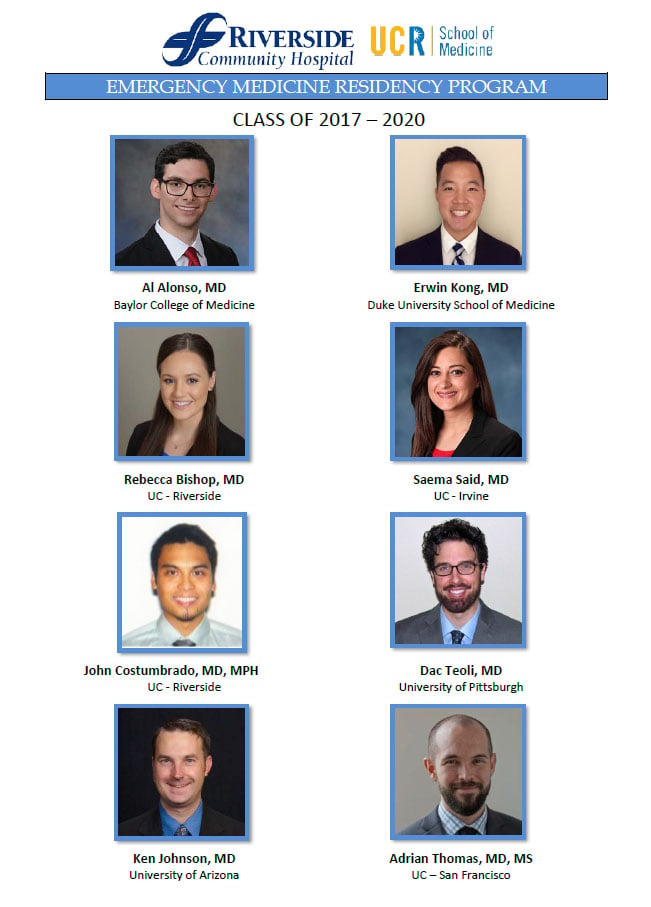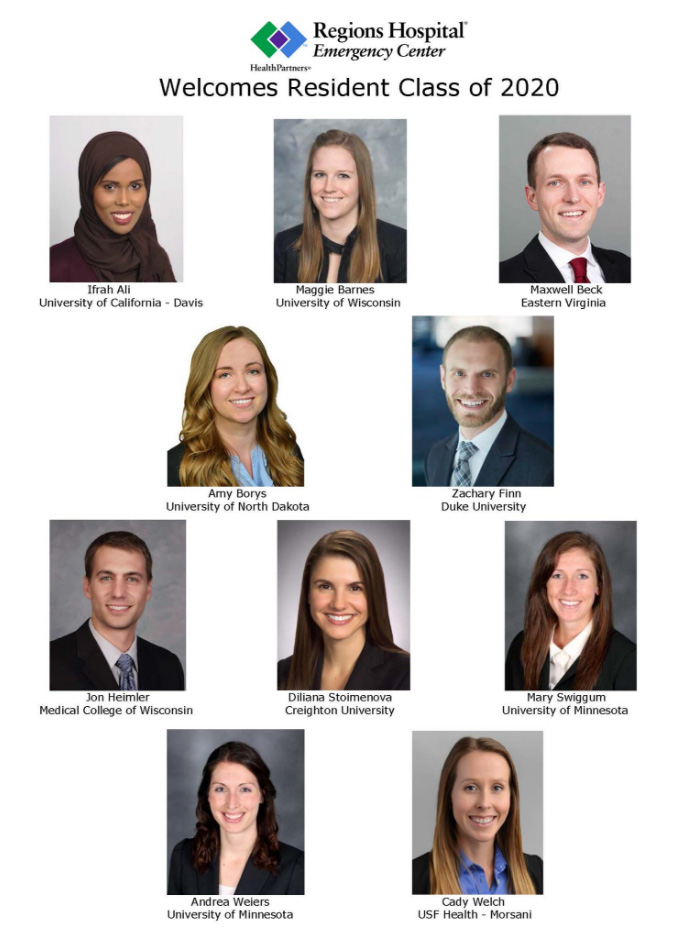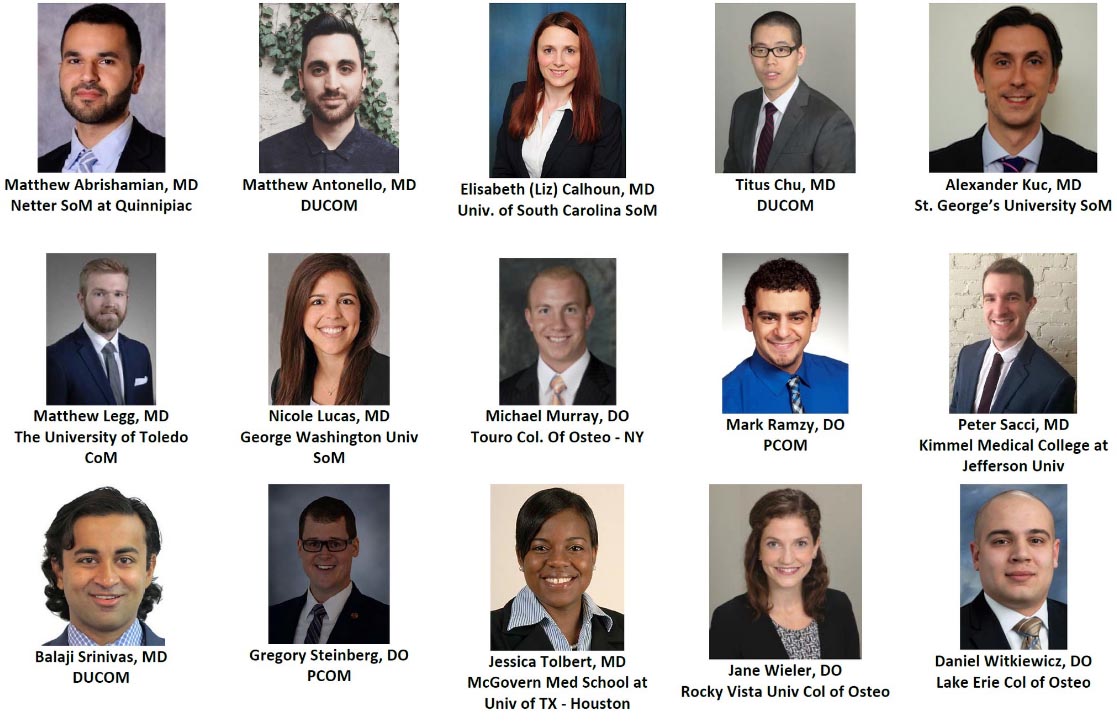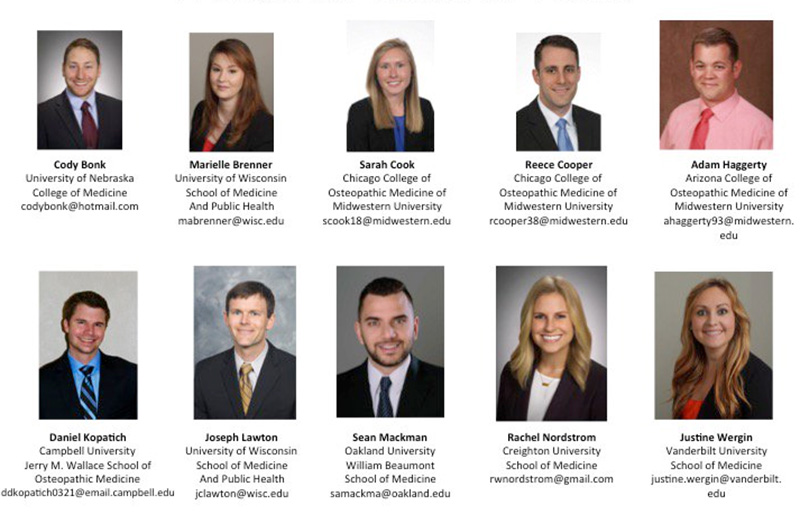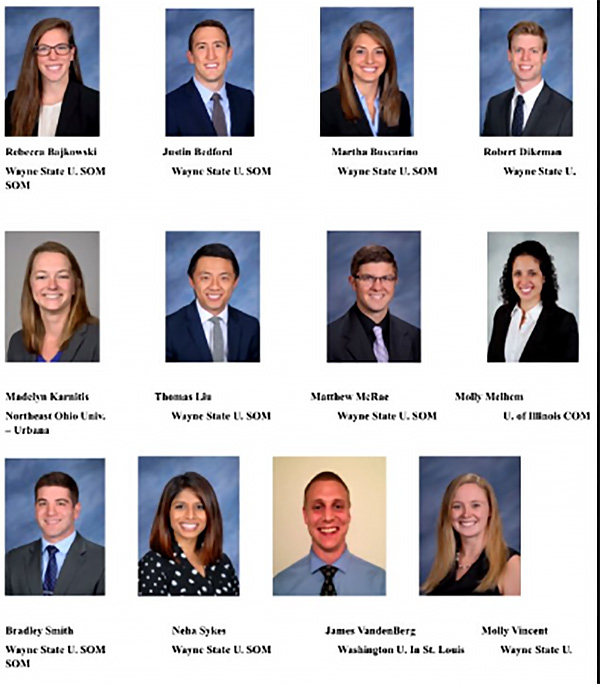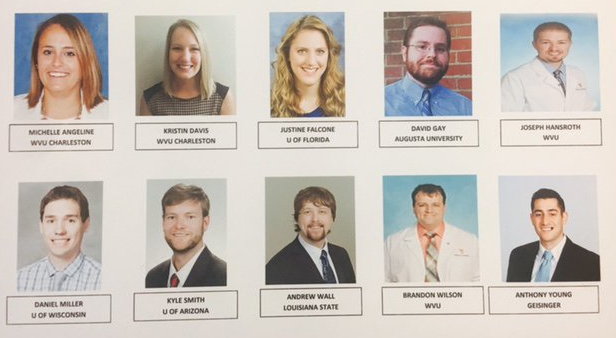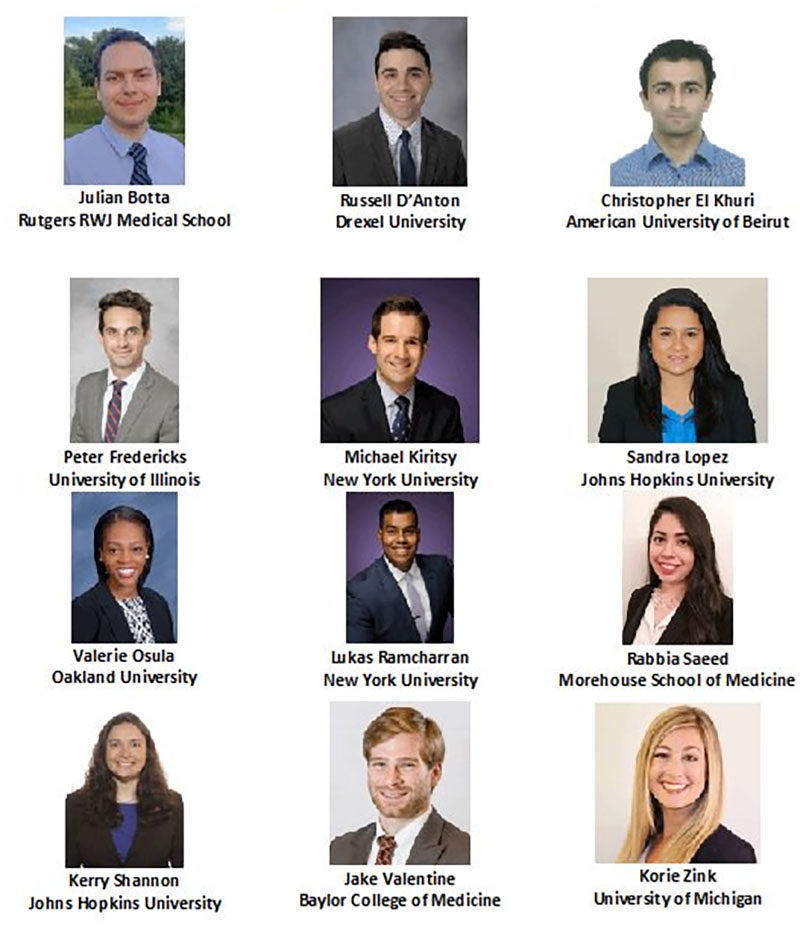Submitted this ROL to the google form a few weeks ago, but it looks like it didn't get uploaded. A little late to the ROL party, but hopefully it might help future applicants 🙂
Stats: Step 1: 240s, Step 2: 250s, H/H on away rotations, nothing else to really set me apart
Factors affecting ROL: FIT, resident happiness/camaraderie (did residents show up to the dinner? did it seem like they actually liked the program and eachother?), faculty (did residents feel supported by faculty, or did they feel like they were there to just move patients?), 3>4 years (planning on doing either MedEd or ultrasound fellowship, so 4 year residency was less appealing), focus on education, resident autonomy (were residents actually comfortable running the show as 3rd/4th years?)
1. Vanderbilt:
Pros: huge focus on education, great longitudinal peds, emphasis on teaching and training residents to become teachers. Lots of ICU time to gain experience with critical care, including supervising MICU during third year. Good work life balance, super friendly residents. PD, APDs were extremely enthusiastic on interview day. Residents get jobs/fellowships wherever they want. Close to home.
Cons: Didactics are very formal (weekly quizzes), trauma experience (surgery runs all traumas...but EM does get airway and alternates with surgery for trauma procedures). One of my faculty interviewers gave off a very elitist vibe.
2. Maine Medical Center:
Pros: again, huge focus on education, teaching, and super friendly residents. Because there’s no ortho/ophtho/plastics residencies here, there is a big emphasis on resident autonomy in the ED. Goal of the program is to provide an education where you could either match to an academic EM fellowship or go off to work solo coverage in Alaska. 3rd years seemed very happy with fellowships/job offers for next year. Good blunt trauma with EM always on airway, and EM running traumas 1/2 the day (alternates every 12 hours with surgery). 5 months of ICU time to gain experience with critical care. Fantastic faculty. Portland is beautiful.
Cons: Further away from family. Lower volume than some other programs, but good patient/resident volume. Less penetrating trauma. Less of a big name in academic EM than Vandy.
3. University of Utah
Pros: great focus on education, good mix between academic and community EM between the two sites. Lots of interesting opportunities in sports med, ultrasound, wilderness med. Lots of ICU time. You have first dibs on fellowship slots at Utah - good number of grads from recent classes went into fellowship. Great peds at Primary Children's. Didactic session we attended was great, faculty seemed supportive.
Cons: newer program, lower acuity than above two programs – may be slightly too “academic” for me, felt a little disorganized. Trauma is always run by surgery, switch off for airway with anesthesia. Very few female faculty (other than PD and one APD), good percentage of faculty trained in IM, not EM. In retrospect, should have switched my #3 and #4.
4. University of Chicago - In retrospect, should have switched my #3 and #4. Chicago seems like it provides stronger clinical training than Utah, but I was nervous about changes at U Chicago program with the new ED/trauma center.
Pros: Great PD, great mix of academic (U Chicago site), county/trauma (Mt. Sinai), peds (Comer Children's), and community (NorthShore). Fantastic EMS/flight medicine experience (4 months of helicopter during PGY-2). Very supportive faculty. Good emphasis on education, training residents to be teachers. Very strong clinical training. Residents I met were all very friendly and seemed to spend a lot of time together outside of work. Large alumni network, and grads seemed to have their choice of jobs and fellowships.
Cons: major one here is complete restructuring of the ED, with a giant new ED to be built in 2018. Nobody could comment on how this would affect the residency (For example - new ED will be a level 1 trauma center, will residents now no longer work at Mt. Sinai? EM is a division of the surgery dept at UChicago - will surgery run all the traumas? Since the new ED is larger, will residents work more shifts to cover it?) I think the new ED/trauma center will be great for the residency, but was nervous about being here during the transition. Long commutes between sites.
5. Ohio State
Pros: Great focus on education, HUGE ED, wonderful faculty. Liked the development of academic tracks for residents. Fantastic ultrasound experience - may be the strongest I saw.
Cons: Didn't really click with the residents at dinner or lunch. Columbus seems kind of meh.
6. Denver Health
Pros: Incredible clinical training, tons of fellowships, great resident autonomy, + reputation. Residents can go wherever they want after training here. Lots of interesting research.
Cons: Residents I talked to seemed very burnt out (one was counting the months until graduation, another one talked about how she gave up doing any reading or preparation outside of shift so that she had time to see her family). Faculty during the M&M seemed aggressive. 4 years.
7. OHSU
Pros: Good mix of academic/community. Good longitudinal peds. Emphasis on resident wellness. Lots of interesting research.
Cons: Residents did not like OHSU main site - talked about how they got to do nothing, and consulted everything out - seemed very frustrated. Weak trauma exposure. Seemed clinically weak in general. I didn't like the idea of rotating at multiple community sites to make up for weak exposure at OHSU.
8. UNC
Pros: Great mix of academic/community. Well-established program in EM. Close to family.
Cons: Very few residents came to pre-interview dinner. Residents seemed very tired, and weren't the most friendly. Weak ultrasound. Relatively few female residents compared to other programs I interviewed at.
9. Mayo
Pros: Surprisingly good clinical experience - ED was pretty full when I was interviewing there. While there is a relatively lower volume of patients, good patient/resident volume. Great faculty interviews. Residents talked about excellent off service rotations. Mayo Clinic has a great name in academics, tons of research and education opportunities. Tons of elective time that residents have used in interesting ways. Good blunt trauma exposure.
Cons: Residents didn't seem close. Rochester MN is the middle of nowhere, and this would be fine if the residents were close-knit, spent tons of time together, but it was clear that they didn't hang out much - was worried about being isolated here. Wasn't sure how much the Mayo Clinic style of EM would be transferrable when I left for a different practice environment.
10. UCLA-Olive View
Pros: Great combination of county and academic program. Lots of elective time, good emphasis on resident education and wellness. Enthusiastic leadership. Good critical care exposure. Didactic session during interview day was phenomenal. Most residents were very friendly.
Cons: LOTS of floor medicine months. Didn't justify 4th year well. Weak peds experience (one resident said that at UCLA campus, attendings don't see peds patients and will just have you staff them with the peds hospitalist). Commute to Antelope Valley. LA cost of living. Some residents seemed aloof.
11. U Washington:
Pros: U Washington as a whole is a great academic institution, so good reputation. Great location. Liked the structure of the academic tracks.
Cons: Very few residents came to dinner. Residents I talked to seemed aloof. Some med students from UW said residents rarely see each other outside of work, and that everyone was pretty isolated. EM is relatively new there, so surgery and anesthesia still have a big presence in the ED. Didn't justify floor months well.
12. Baylor:
Pros: Awesome PD and APDs. Good mix of county (Ben Taub) and community, great peds at TCH. Close to family. Friendly residents.
Cons: Residents seemed very burnt out. One talked about huge boarding problems in ED where patients were waiting 12+ hours to be seen, so PAs would order most of the labs/imaging from triage, and residents wouldn't really be able to do the workup. Psych boarding problem. Residents said it would be difficult to work here if you don't have good medical Spanish skills.

